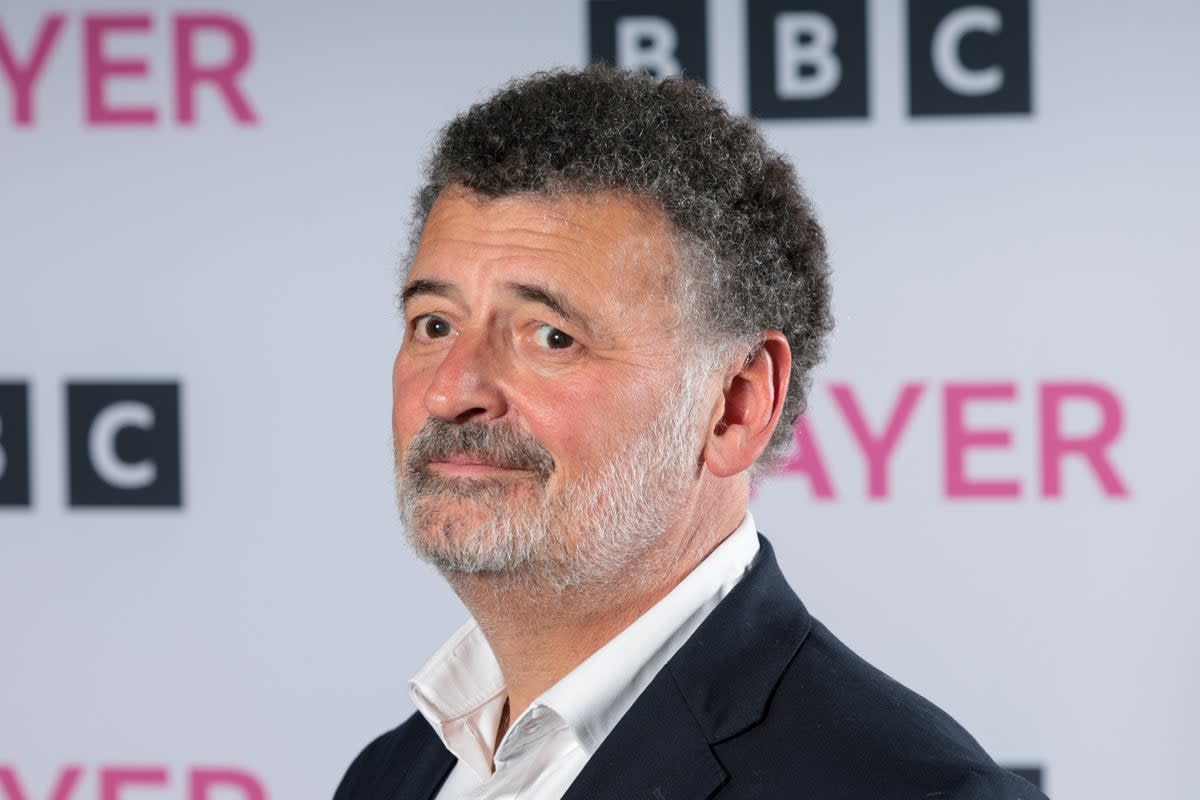Steven Moffat hits back at Doctor Who fans who claim he ‘can’t write women’

TV writer Steven Moffat has hit back at Doctor Who fans who claim he “can’t write women”.
The 62-year-old, best known for his work as the second showrunner and head writer of the 2005 revival of Doctor Who, and for co-creating Sherlock, has previously been accused of basing his female Doctor Who characters on outdated tropes.
In 2012, writer Jane Clare Jones said in an op-ed for The Guardian that Moffat had plucked female characters “from a box marked ‘tired old tropes’ (drip/scold/temptress/earth mother to name but a few)”, adding: “His consequent failure to sketch a compelling central dynamic between the lead and his companion has seriously affected the show’s dramatic power.”
In a new interview with The Times, the writer and producer has hit back at that criticism, saying he’s “successfully” written women “a lot of times” and reeled off examples including Doctor Who’s River Song and Sherlock’s Mrs Hudson, played by Alex Kingston and Una Stubbs, respectively.
“I’m continually told I can’t write [women]. Well, for someone who can’t write them, I’ve done it very successfully a lot of times,” he said. “And I never get an answer to that. Or the answer is, ‘Well, I don’t like those characters.’ And I go, ‘OK. Well that’s not really the point you’re making.’”
Moffat was critical of online discourses that suddenly “create a whole persona for you, based on absolutely nothing at all”.
His new ITV series, titled Douglas Is Cancelled, stars Hugh Bonneville as fictional newsreader Douglas Bellowes whose career is threatened when he is accused on Twitter/X of making an inappropriate joke at a private wedding speech.

Speaking about cancel culture, Moffat said he reads “nonsense” about himself “all the time”, adding that he is “showered with rubbish about myself ... created for you by people who have never met you”.
Moffat said that the act of cancellation – when a public figure is boycotted by fans and, sometimes, societally shunned – only works on people “who are capable of shame and wish to be well thought of”.
He continued: “In other words, it only really works on quite good people.”

“It’s a smart bomb that can only take out people who at least aspire to virtue: you can’t cancel Hitler, you can’t cancel Donald Trump – you can’t, and they won’t care,” he said.
“What is the point in a smart bomb that only afflicts and affects the civilised? As Aristotle points out, shame is a quasi-virtue. If you’re capable of shame, then by the inverse you aspire to decency, even if you don’t attain it all the time.”
Moffat left Doctor Who in 2017, but recently returned with “Boom”, the third episode in Ncuti Gatwa and Millie Gibson’s first full season. The episode proved divisive among fans, with some calling it “textbook Doctor Who” while others were less convinced.
In The Independent’s two-star review of the episode, TV critic Ed Power wrote that the episode was “so-so” and called the script “off-kilter”.

 Yahoo News
Yahoo News 
